This post contains affiliate links.
The biggest question to come up anytime homeschooling is mentioned usually is socialization. How can your kids be social? Some parents who are new to homeschooling will worry about this like us. So what can we do?
Homeschooling affects the socialization of kids and parents in many ways that have lasting effects. How kids develop friendships, and socialize are going to be slightly different in every family. But the socialization of children starts in the home and with the family. There are positive and negative impacts in a homeschool environment to know about. Read on to learn what they are.
Loneliness in Homeschooling Can Happen to Kids and Parents!

You will get this question from a certain percentage of people you talk to. Recently, we don’t run into folks who think kids are lonely. But the truth is that kids can be lonely in homeschooling. They can also be lonely in a traditional school as well. But it’s how you can sense it and what you can do to help your children that is the key point. Honestly, the only way we could be lonely is if we locked ourselves in the home and never went out and met other people. But that is not the case in most homeschooling families. We are out and about with all kinds of activities, classes, and people.
One thing I can say is that the parents might find it more lonely than the kids. Parents might be lonely since they are out of the traditional working environment and focused on homeschooling. If the main parent is just the mom, this can be a challenge for mom! She might be stuck all day preparing, teaching, and doing the housework to serve the family. This is the main motivation for me as a dad to help with the homeschooling of our child. I truly believe it’s up to dads to also take an active role in the process to give their spouses a break! Loneliness can be more of a problem for parents.
Developing Friendships in Homeschooling is a Challenge
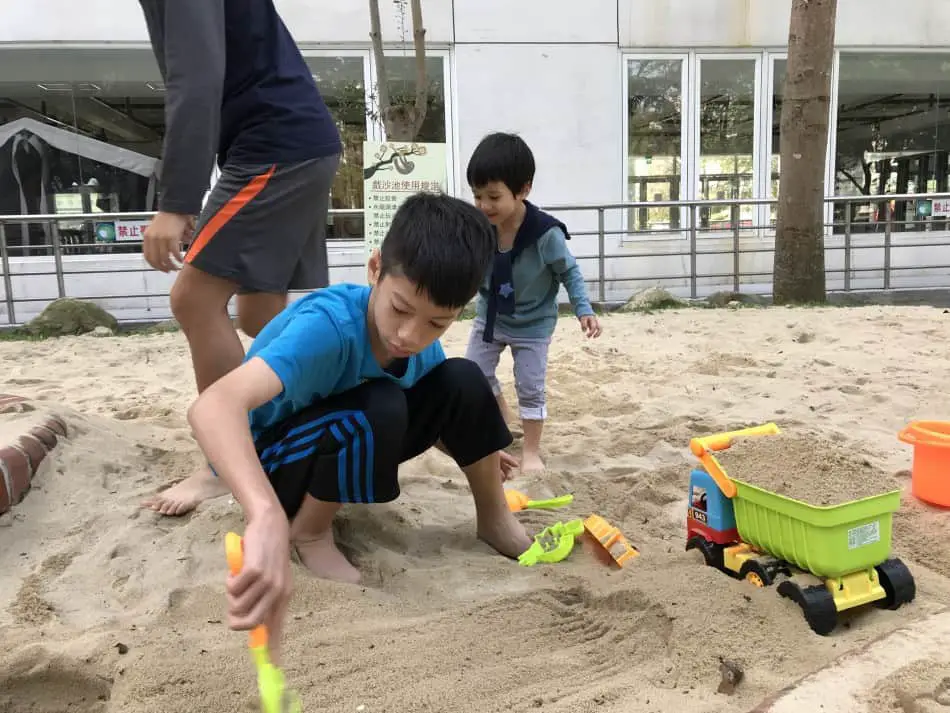
Developing friendships and learning how to make friends is a challenge in homeschooling. This is a universal human trait that every parent needs to teach. That goes for kids whether they are in homeschool or not and starts in the home! Every parent is doing this already and your kids are watching you. Do you greet people when you go out in public? Do you say hi to your neighbors as you pass them in the street or grocery store? Your children take cues from you as you go about your daily chores and they take notice of how you react and interact with other people. This goes for strangers as well as people you know. Check out this helpful article about helping kids make friends.
There are several ways you can assist your child in making friends. Firstly, you can share with them about how to be a good host in your home. When you have guests over, kids or adults, you can teach them how to greet your guests. And you may also advise them on how to host someone in their playroom and how to share their toys with other children. For your older kids, make sure you give them more space and you might assist them to plan an activity. Being active in how to nurture and make friends and keep them is a life skill that can be a problem in homeschool if not approached with attention. Read this very helpful article we found about teens and helping them make friends.
For younger kids, making friends will be a developmental task that should be handled with the same attention as any homeschool subject. If you do not plan for guidance on making friends they could be at a disadvantage. We don’t want to sound like we are preaching about parenting. We are only emphasizing that there can be more opportunities for kids to learn how to develop friendships. And the opposite holds that if you neglect to teach this valuable skill, then then your child may not be able to make friends easily. Even if they go to public or private schools they might have trouble making friends as well. But don’t neglect to teach friendship skills.
Teenage Homeschool Challenges with Making Friends

With teenagers, the development of lasting friendships is even more important. They are almost adults and they need to have the right set of morals and values before they enter the world and have to depend on themselves. If they move away to college or get a job, they will be on to rely on themselves and their friends. You cannot be with them their whole life to support and secure them. In the homeschool for teenagers, the focus is on college preparation and the future and career development.
“Parents and friends play different roles in a teenager’s life. You influence your child’s long-term decisions to do with values and morals. Your child’s friends are more likely to influence short-term choices, like appearance and interests.”
Teenage friends and friendships
Your teenager might not have any idea what they want to study in college, so having the right friends sometimes can aid them in their mission. With teens, they get their values and model them after you! And in the short-term, they model their friends like the article mentioned. If their friends are interested in certain sports, music, or careers, you will notice them gravitating toward those things as well. If their friends get a job at a certain local drug store, they might want to work there as well. So at this age, it is even more important in homeschool you create and observe how they are making friends, and give them a hand when needed.
Dating During Homeschooling is Tough

Dating in homeschooling is a challenge and a tough subject to handle. When your children are in traditional schools, you might not know they have a boyfriend or girlfriend. You might not even know they are dating if they are good at hiding it from you. But when your child is homeschooled, you will see everything. You might even facilitate it without knowing. In your homeschool, social engineering is more pronounced and recommended. Since your kids are not in traditional schools, you will need to create an environment for them to meet others.
Should you set them up with dates? Of course not! What we mean is you can schedule activities and work with them to promote hobbies and extracurricular activities that may be an appropriate place for them to meet others of the opposite sex. You will have to make this judgment for your particular family situation. But we are suggesting that it will be tough for your kids to date like when they are in traditional schools because there will be less unsupervised time alone. This could be a double-edged sword.
Many parents might find this fine since they want their kids to focus on school and the future. Others may want their kids to learn about dating in a supervised way and provide the necessary assistance if needed. This helpful article describes adolescent relationship advice in detail. But dating could be awkward in your family if you do not address it and you don’t communicate with your children about your values and expectations. The ground rules are also necessary and helpful as a homeschooler. We believe that you are in a unique position in homeschool to be able to teach character building and virtues, so make good use of this advantage! They won’t teach this in public schools!
How To Learn About Sharing In Homeschool?
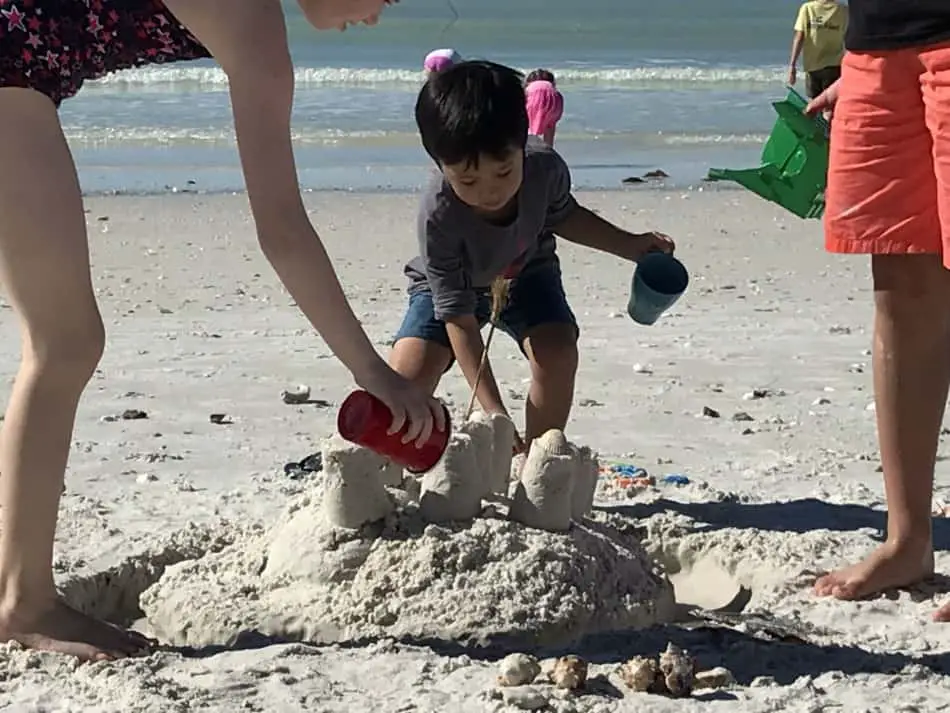
When you homeschool with just one child, learning about sharing becomes more difficult but not impossible. As an only child myself, I can say that I was and probably am pretty selfish! I think it comes with the territory. So in homeschool, since you will have more time to use, you might as well work on this character trait early! I was happy to see an article about sharing on this website and it was helpful for us and our 5 year old. Their first point was that being selfish is normal at first, so I’m OK! But you can’t let your children live a selfish life!
One thing we do in our home is to reinforce sharing when we have guests over especially. We like to have our son help serve guests first. And to let the guest choose things first whether it’s where to sit, or what they’d like to drink. We try to build up a sense of service and sharing at the same time with our son. At first, he always is used to the limelight, especially when the grandparents come over. We must limit the spoiling by in-laws and sometimes that’s the best time for some good training about sharing. But you have to make a point of teaching about sharing since you won’t be in a traditional school environment.
How to Socialize in Homeschool: It’s Just You and Your Child!
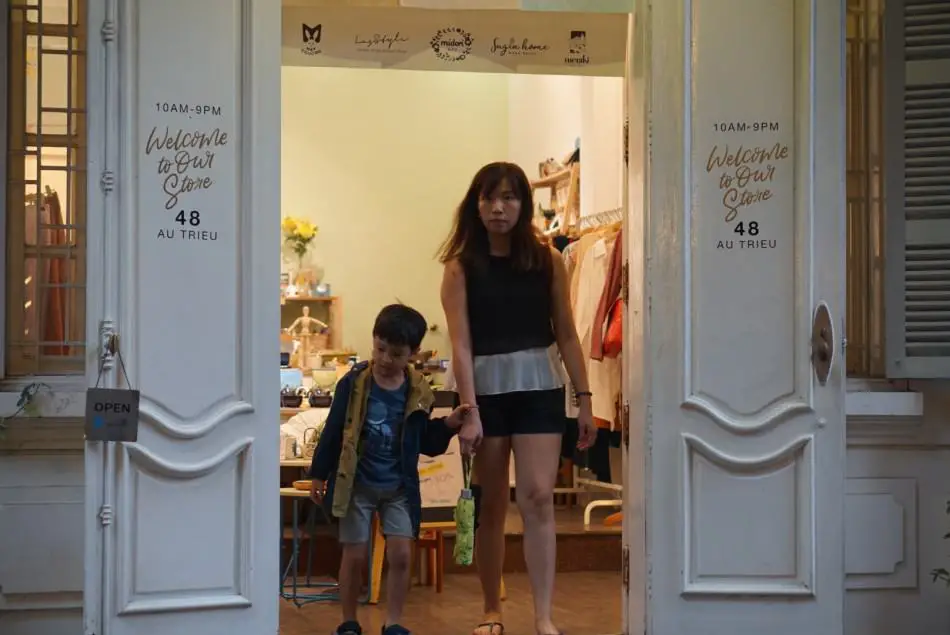
Many social skills require multiple people or a group setting to develop social skills. So this does pose a problem in the homeschool if there are only you and your student! For example, relationship skills among different age groups like adults, their peers, and do they know how to approach someone? This may be related to making friends but in a traditional school, these situations are always around the child. In homeschool, unless you arrange outside activities these opportunities are less frequent.
How about conflict resolution in a homeschool? The main person your child might argue with is you! And they will likely lose the argument, right? When kids are in an environment with more kids they will have a chance to handle conflicts and maybe even get into verbal or physical arguments. How they handle these situations is a normal part of a public or private school situation. In homeschool, you will have to create opportunities for your children to develop these skills. Or you have to teach them. But much easier said than done!
“Identifying emotions in others – Is the student able to perceive and identify emotions by reading the person’s body language and/or tone of voice? Able to label emotions that others are experiencing such as by sensing when another person is angry by the tone of voice?”
Developing Social Skills in the Classroom
How do kids in homeschooling develop emotional cues and be able to sense other people’s emotions if it’s just the 2 of you? In public schools, a child will have multiple situations where they will need to learn how to sense if someone is friendly, angry, upset, sad, or rude. In your homeschool, you will develop these skills only if they can come in contact with others. I know it may seem like common sense, but these little nuances do add up. Please don’t underestimate the social development no matter how positive you hear homeschooling is.
The Social Benefits of Homeschooling
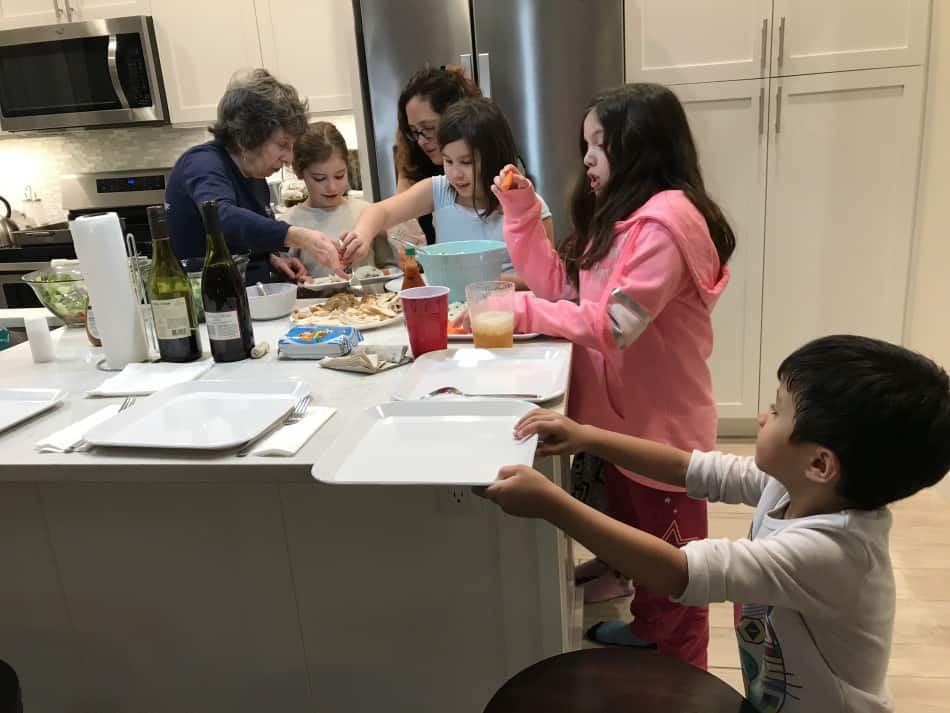
Socialization in homeschooling is affected in several ways including positive ways. For example, if your child is experiencing emotional issues or bullying then this will be handled by being in the home. They can focus on learning, not surviving, or worrying about being shamed in school. Some parents consider homeschool in these situations for a sound solution to these potentially harmful situations. I was bullied in middle school for a semester because students found out my mother was Taiwanese. But after I fought my way out of the situation, I sometimes feel it was just a part of my development and made me more resilient. But I realize not everyone can or can deal with bullying in school.
Another potential social advantage of homeschooling is that parents can be more selective of the friends your child meets. This has its advantages and may work well in some families. If done well they can hang out with people and other families or kids with the same shared beliefs and interests. And in this situation, they can be social and hang out and communicate with others during class time. Usually, in a traditional school, much of the time kids are expected to be quiet and listening as lessons are being taught. Talking is not always an option and social time is not as frequent as we assume in school.
“We know from both research and anecdotal data that homeschooled children can be well socialized, both in terms of learning the social norms of society and in terms of social interaction. Many homeschooled children have large social networks and active social calendars.”
Homeschooling & Socialization
Real-world Social Skills are Better
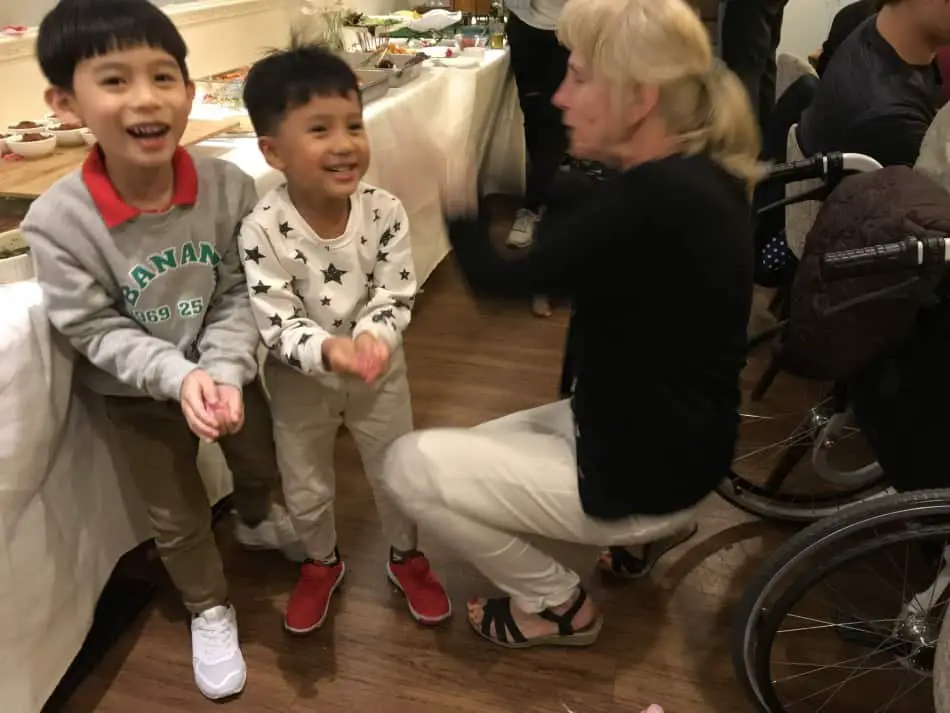
In the real world, social skills are what all children are aiming to hone as they go through the years of education. We are preparing our children for working and living in society and becoming happy and productive people. Research has shown over the past 30 years that homeschooled kids’ social skills are consistently better overall. It’s not hard to fathom because parents are spending more time with kids and helping them one on one to build their confidence and aptitude. It only makes sense that this extra added attention can boost kids’ social skills overall.
“Homeschooled children’s social skills scores were consistently higher than those of public school students. Differences were most marked for girls and older children, and encompassed all four of the specific skills tested: cooperation, assertiveness, empathy, and self-control.”
Homeschooled Children’s Social Skills
Certainly, the social skills of a child can also be quite poor if they are isolated or living in a very rural setting. This is more of an outlier but not usual. However, that doesn’t mean kids raised in this kind of setting are all going to be social misfits. That is quite the opposite. Most research shows positive effects of homeschooling on social skills and the main criteria is usually the parent’s involvement.
How Does Homeschooling Affect Parents?
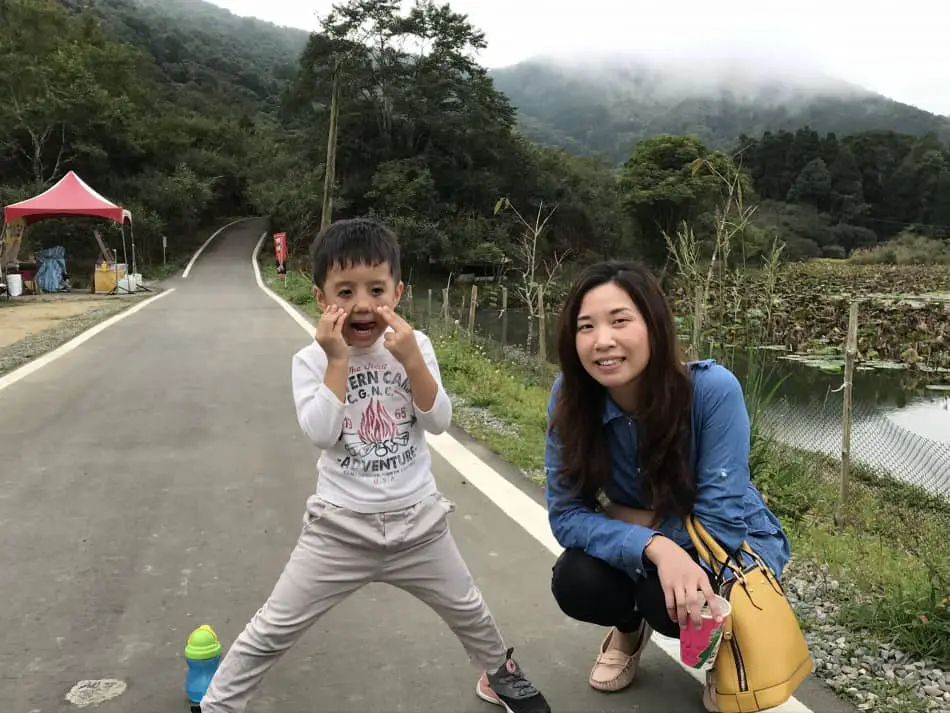
Did you think that homeschooling affects parents’ socialization as well as children? Homeschooling affects parents’ social skills and relationships in the family with their spouse and children. It can also affect their social lives and relationships between family and friends. Just think about it for a moment, and you realize that the time it takes to educate your child takes a good amount of your time to prepare and maintain records. Teaching alone may not be the only time it takes. There are hours of research and curriculum prep that takes place all the time for me.
As you progress and become familiar with homeschooling it may take less time, but in the beginning, it can cut into your social time with others. If you were free all day and are used to going out by yourself and shopping in peace, then things will be different when you homeschool. You can adjust your routines and make it work for sure, but things will be different. You might also find less time to be with your friends since you are occupied with homeschool activities during the times you used to be free with a kid in public schools.
Over the past 150 years, the home-centered economy shifted away as most people took jobs in factories and offices around the world. Much of the education that used to be handled by families had also shifted to institutions. Your child’s future was placed in others’ hands. This is well researched and you can see more of this concept from an interesting read From Cottage to Work Station. When you place your children in public or private schools you are trading your money for time with your kids and family. Once you begin to homeschool you may find your relationship with them improves. Check out this article highlighting this interesting benefit.
Negative Effects On Social Skills Of Homeschooled Kids

With every story, there are 2 sides and the same goes for homeschooling. There can be negative effects on the social skills of kids if you are not careful. We wrote another good and helpful article on the disadvantages we found in homeschooling. There are real potential effects like a loss of childhood if your children don’t make friends. This can happen if you also live in a very isolated region and can’t conveniently meet with other families or kids. Overall most negative social issues in kids in a homeschool environment will most likely arise from the parents or siblings.
We did not find much data to support many instances of the common myth of socialization issues in homeschooling. You will find stories about some kids feeling isolated, or their parents did a poor job of teaching. But these instances are not necessarily going to be an issue for every parent. We know that in our home, we are not professional teachers and therefore we prepare even more before we teach our child a subject that we find new to us! Most of the evidence we found of any negative effects of homeschooling had to do with parents doing a poor job and we believe that is not a “homeschooling” issue, that is a parental issue.
Disadvantages of Homeschooling on Social Skills

Some disadvantages of homeschooling may impact on social skills like a lack of diversity and richness of the educational environment. It might be very quiet in your homeschool and with few distractions. This might be good for concentration and doing your schoolwork. But it may also make your child more prone to being sensitive when being around crowds. Shyness may be one thing many parents worry about. However, as you can read in this article many people are shy! Don’t worry about it too much! It can easily be overcome! But homeschooling may or may not help it!
You will face a dilemma if your kid likes to participate in school sports. If you can’t join a school or club team due to the regulations, then this is a loss for sure. Building up social skills through team sports is a known advantage. My daughter was on the track team for much of her primary years through high school. She is very disciplined and has a great team player orientation. We’d recommend checking your local school board regulations and see if you are still allowed to take part in school sports as a homeschooler. Some districts allow this in some states.
People’s Perception Of Homeschooled Kids
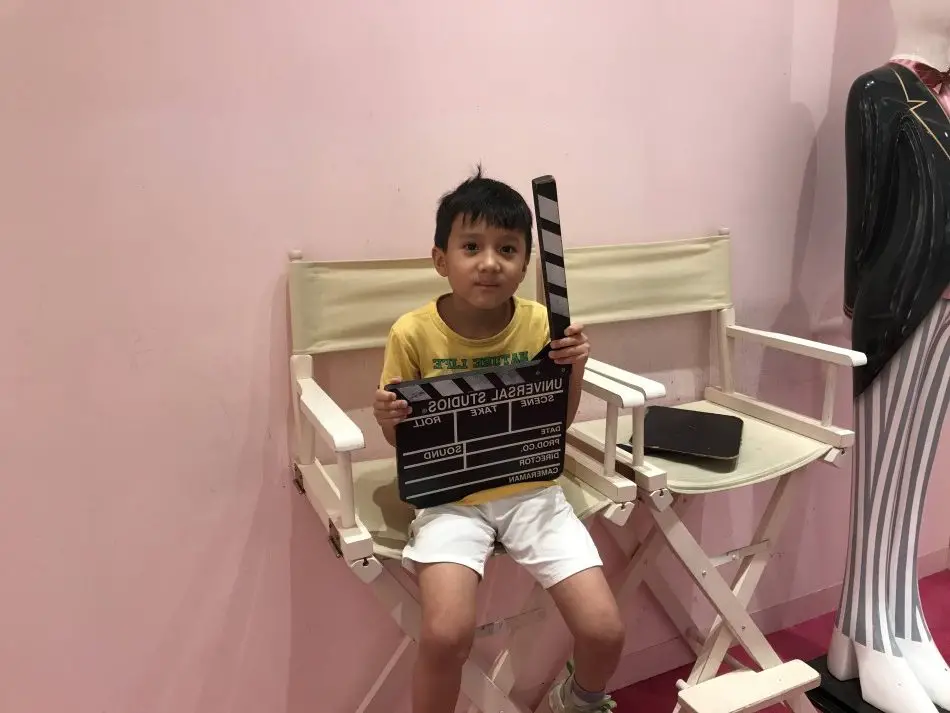
Society has its ideas about homeschooling and the social impact they think it has on kids. More people have chosen to homeschool and it is becoming more prevalent around the world, not just in the United States. In Taiwan, where we live, it’s also becoming more common as people are fed up with their kids having to go to school late into the night. And many kids have hours of homework after school to makeup and also spend weekends in “cram schools” to learn subject material they were assigned outside of class to learn by themselves.
Our perception of homeschooling in Tawan is that it is based on a need to let our kids grow up in a way that they have the freedom to learn and enjoy their childhood. You can say our style of parenting is more authoritative and we tend to listen to our children’s opinions and try to understand why they behave the way they do. We like this article which goes in depth and provides a helpful perspective of this perception of parenting in our homeschool. We tend to not take much notice to how people view our choice to homeschool and therefore it doesn’t affect us much. We do like to hear people’s opinions but rarely lose any sleep over someone’s opinion!
How Do Kids Feel About Homeschooling And Socialization?
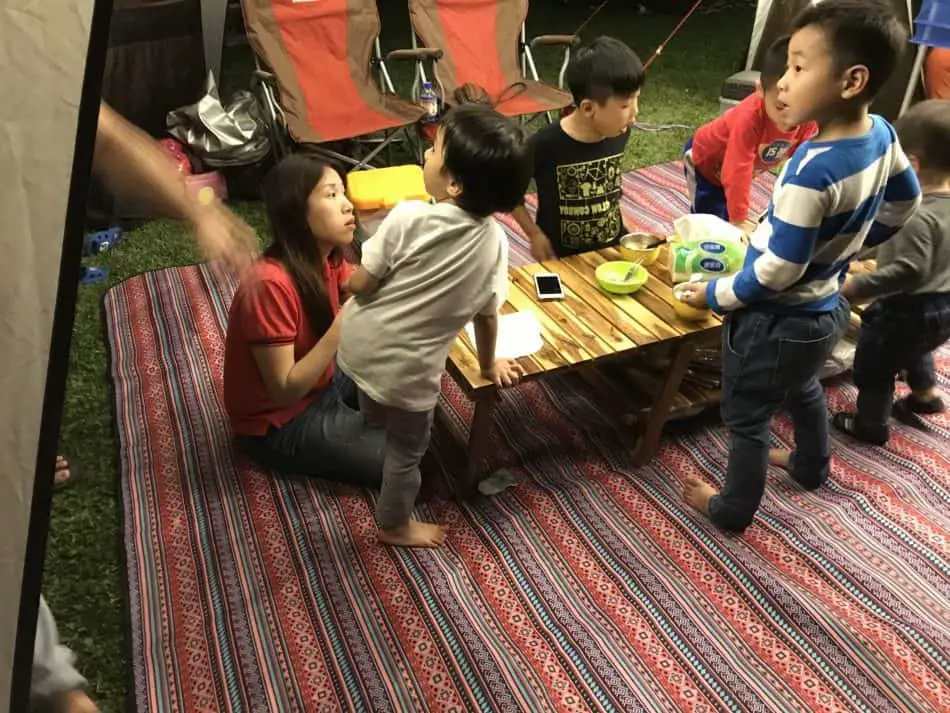
There is some interesting research we found that examined the feelings of kids who were homeschooled. And they found that parents “who are more interested in values and creating family relationships” spent more time to make the daily routine richer with both class time and social activities. This led to having more outside activities as they had more class time. The research shows that as parents increased seatwork, they also increased social time. And the kids felt that they were more satisfied with how they were doing.
The kids that didn’t have as many outside activities or “playtime” felt less adequate and perhaps this meant they felt less proficient at the subjects. They felt this is why their parents assigned them more work, and less playtime! So we suggest that if you are aiming for well-balanced home life and well rounded socially adept child balance the work and social time!
Trends of social problems in Homeschoolers?

In recent years, there have been some negative views of homeschooling and even prominent educators have voiced concerns about homeschooling and even suggested it should be banned. If you examine the basis for their arguments you can make a clear assessment by yourself. We like this article that goes into detail about the arguments against homeschooling. We see more of a problem in the trend of social media and the distractions to learn that surround us. You can see school-aged students walking the streets here in Taiwan staring into their phones and chatting or watching videos.
We think homeschooling can help us try to limit this impact of social media and we can monitor how our child learns to use the tools of the Internet. We have no problem with learning from Youtube and searching for information online. Our son knows how to use both methods to find interesting and useful things on the internet. But we have yet to find anything that would lead us to believe there are any serious social effects that homeschooling will bring our family.
You can check out the article linked below on a study of homeschooled children’s social and emotional health and development.
“Using a widely used population-based health governmental data source, we established that social and emotional health and community participation of US homeschooled students, ages 6 to 17, is comparable to that of publicly schooled students. Homeschooled students are not at risk of socialization problems in the U.S.”
The Social and Emotional Health of Homeschooled Students in the United States: A Population-Based Comparison with Publicly Schooled Students Based on the National Survey of Children’s Health
Dadcarestoo is a participant in the Amazon Services LLC Associates Program, an affiliate advertising program designed to provide a means for sites to earn advertising fees by advertising and linking to Amazon.com. We also participate in other affiliate programs which compensate us for referring traffic.

